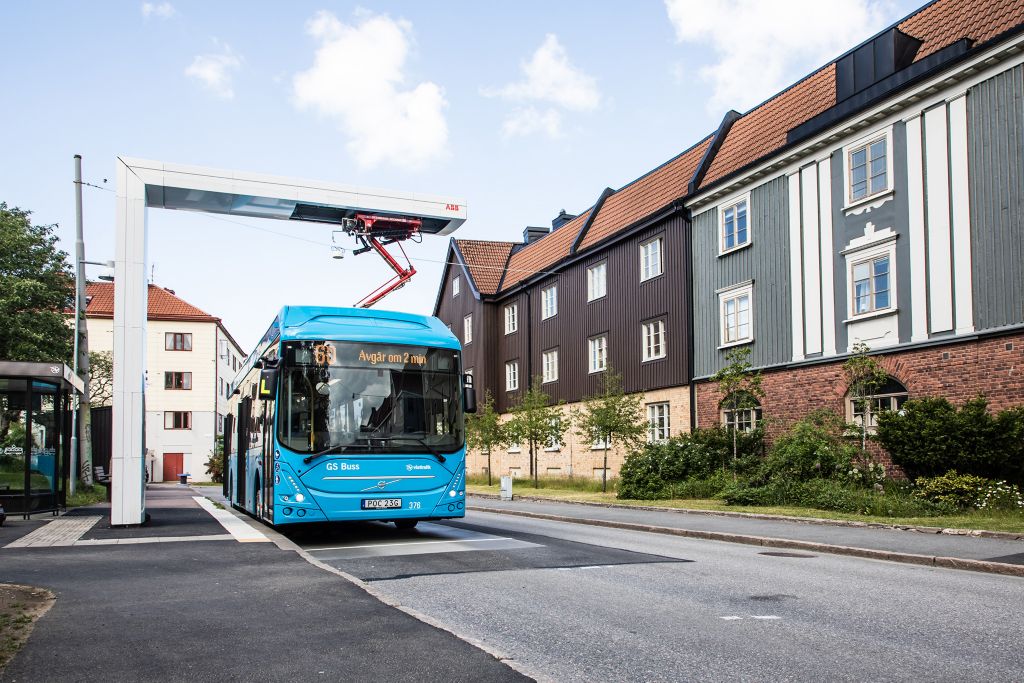Electric buses lead to better health for residents


Volvo Buses
ČESKÁ REPUBLIKA

“It is very positive that we now have research that shows that electric buses not only reduce noise levels, but also make people feel better. This knowledge provides new opportunities for better urban planning and increased flexibility for public transport in cities,” says Marie Carlsson, City Mobility Director at Volvo Buses.
In autumn 2019, full-electric buses were introduced to route 60 in Gothenburg. Noise levels from the previous buses were clearly noticeable, especially on uphill slopes, and the line is relatively hilly in places. Earlier research has shown that low-frequency noise caused disturbances in homes in the area.
“The problem with low-frequency noise is that it more easily gets into homes and even small increases can be clearly heard," says Kerstin Persson Waye, Professor of Environmental Medicine at the Sahlgrenska Academy at the University of Gothenburg, who is responsible for the study.
In the study, questionnaires were sent out to randomly selected residents. Half lived along the bus line, while the rest lived some distance away and formed a reference group. The residents answered questions both before and after the transition to electric buses. In parallel, sound measurements were recorded inside several homes.
The results showed clear differences in terms of the actual noise levels, what residents experienced and how they were affected. The number of respondents who noticed noise from buses decreased from 75 to 39 percent. Those that reported being disturbed to a very high degree fell from 26 to 5 percent.
Differences in the reported health effects were also clear. Respondents who felt tired once or twice a week fell from 49 to 39 percent, down to the same level as the reference group. Respondents who felt feeling down decreased from 22 to 17 percent. Significantly fewer people also said they were very sleepy during the day.
“Those who lived near the bus line felt much better. Although we cannot say with certainty that these results reflect the entire population, we believe that they are relevant for residential areas where bus traffic passes close by. If traffic in other urban environments also becomes quieter, this will improve public health,” says Kerstin Persson Waye.
“More and more cities are choosing to electrify their public transport to reduce the environmental impact and become more sustainable in the long term. The fact that electric buses have such a clear impact on people's well-being should also be a strong driving force for choosing electric buses,” says Marie Carlsson.
Gothenburg
27 April 2022
For more information, contact Joakim Kenndal, Head of Media Relations, Volvo Buses, phone: +46 739 02 51 50 or email: joakim.kenndal@volvo.com
For enquiries about the study, contact Kerstin Persson Waye, phone: +46 766 18 36 04 or email:
kerstin.persson.waye@amm.gu.se